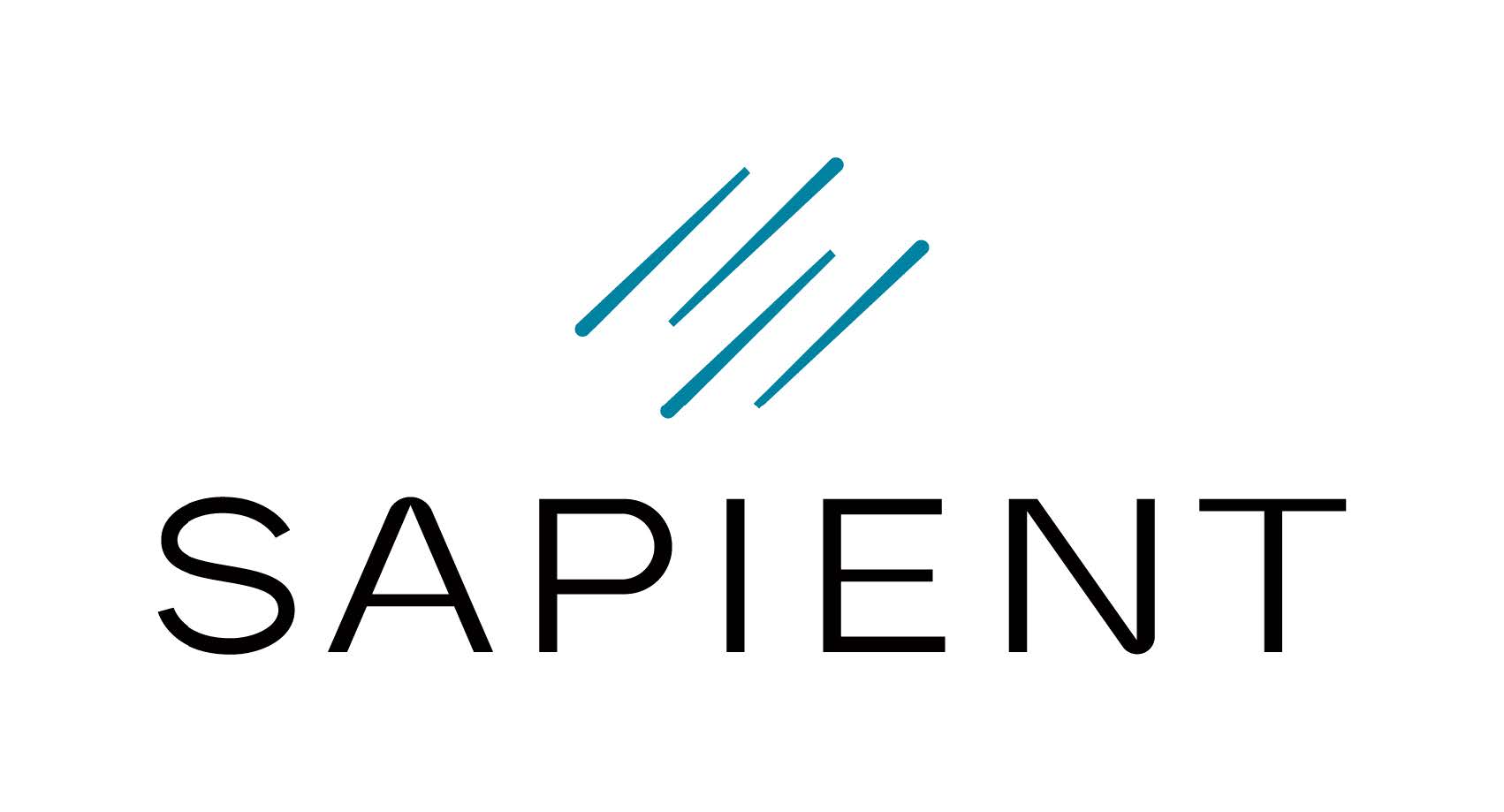Catalog
Proteins represent the primary effectors of human biology, responsible for activation of cellular response pathways in health and disease. Evaluation of the thousands of proteins that comprise the human proteome and their post-translational modifications (PTMs) provides critical insight into cellular physiology and disease mechanisms that cannot be fully inferred from genomic data alone. As such, proteomic measures are essential to drug development – for disease target identification and validation and for evaluation of target engagement and effector function, as well as to identify biomarkers of disease diagnosis, prognosis, and drug response. To date, interrogation of the human proteome has been precluded by the lack of robust bioanalytical systems that enable comprehensive measure of diverse proteins, post-translational modifications, and protein variants in complex human biosamples, including blood, with high throughput. Most recently affinity-based binding proteomics technologies have emerged and provided the first insights into protein mediators of human disease at a population scale, revealing new mechanisms of disease, targets for drug development, and biomarkers. In this webinar, we will discuss next generation bioanalytical systems for proteomics studies in humans. We will focus on high throughput, ‘discovery’ mass spectrometry as an analytical solution that now enables accurate and robust measure of the thousands of proteins across thousands of individuals, while providing highly accurate protein identification and PTM information.
We will specifically cover how our discovery mass spectrometry:
•Provides high analytical specificity via direct peptide measure, and with capture of PTMs to allow for more in-depth analysis of protein function and regulation.
•Compares and contrasts to affinity-based binding proteomics technologies and other mass spectrometry-based approaches.
•Allows for scalable coverage of thousands of proteins per biosample, and speed to process thousands of samples per week – including preclinical and clinical matrices.
• Generates data that can be integrated with other omics information to more fully interrogate disease and drug response across individuals.
About this item

Proteins represent the primary effectors of human biology, responsible for activation of cellular response pathways in health and disease. Evaluation of the thousands of proteins that comprise the human proteome and their post-translational modifications (PTMs) provides critical insight into cellular physiology and disease mechanisms that cannot be fully inferred from genomic data alone. As such, proteomic measures are essential to drug development – for disease target identification and validation and for evaluation of target engagement and effector function, as well as to identify biomarkers of disease diagnosis, prognosis, and drug response. To date, interrogation of the human proteome has been precluded by the lack of robust bioanalytical systems that enable comprehensive measure of diverse proteins, post-translational modifications, and protein variants in complex human biosamples, including blood, with high throughput. Most recently affinity-based binding proteomics technologies have emerged and provided the first insights into protein mediators of human disease at a population scale, revealing new mechanisms of disease, targets for drug development, and biomarkers. In this webinar, we will discuss next generation bioanalytical systems for proteomics studies in humans. We will focus on high throughput, ‘discovery’ mass spectrometry as an analytical solution that now enables accurate and robust measure of the thousands of proteins across thousands of individuals, while providing highly accurate protein identification and PTM information.
We will specifically cover how our discovery mass spectrometry:
•Provides high analytical specificity via direct peptide measure, and with capture of PTMs to allow for more in-depth analysis of protein function and regulation.
•Compares and contrasts to affinity-based binding proteomics technologies and other mass spectrometry-based approaches.
•Allows for scalable coverage of thousands of proteins per biosample, and speed to process thousands of samples per week – including preclinical and clinical matrices.
• Generates data that can be integrated with other omics information to more fully interrogate disease and drug response across individuals.

Speaker Information

Mo Jain, MD, Ph.D.
Founder and CEO
Dr. Jain is a physician-scientist with more than 20 years of expertise in physiology, biomedicine, engineering, computational biology, and mass spectrometry. Prior to founding Sapient, he formed and was director of Jain Laboratory at the University of California San Diego (UCSD). There he led a multi-disciplinary research team of chemists, engineers, mathematicians, epidemiologists, and physicians to develop next-generation rapid liquid chromatography-mass spectrometry (rLC-MS) systems to probe dynamic biomarkers of health, disease, and drug response across population-scale human studies. Dr. Jain founded Sapient in 2021 as a spinout of Jain Laboratory to expand upon the mission of accelerating insight into human biology to advance precision drug development.
